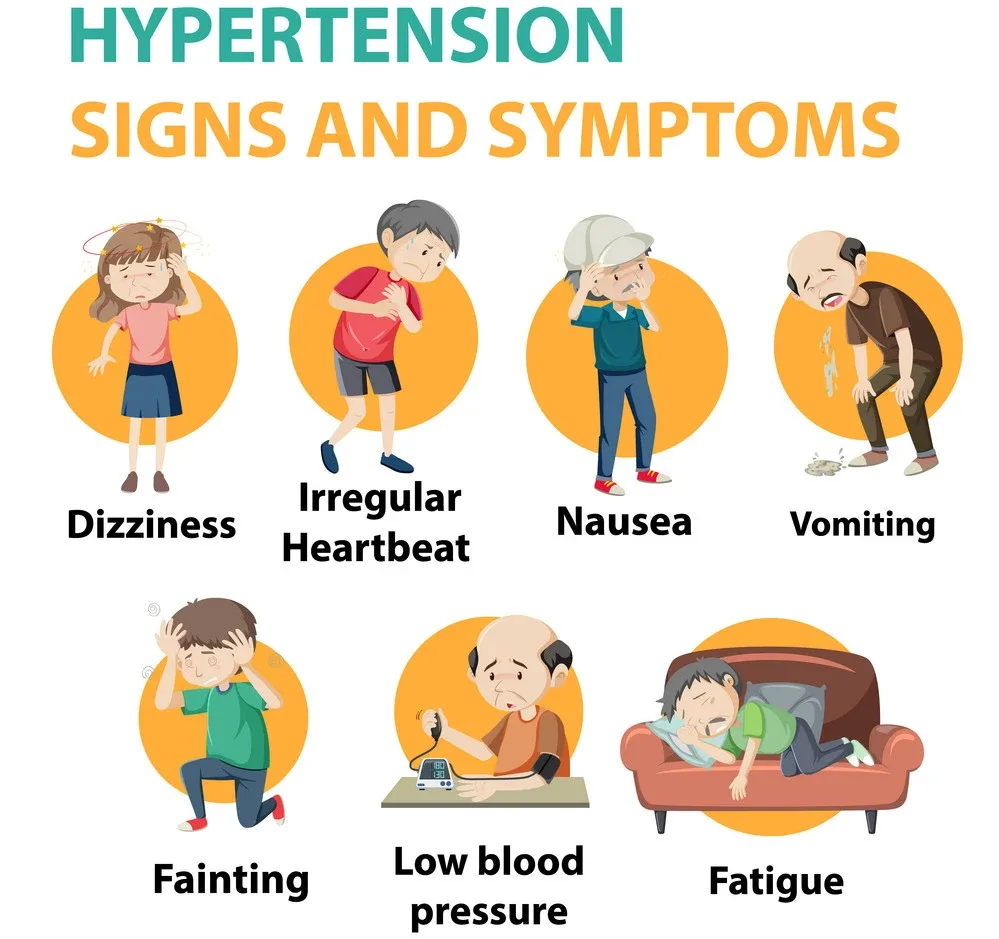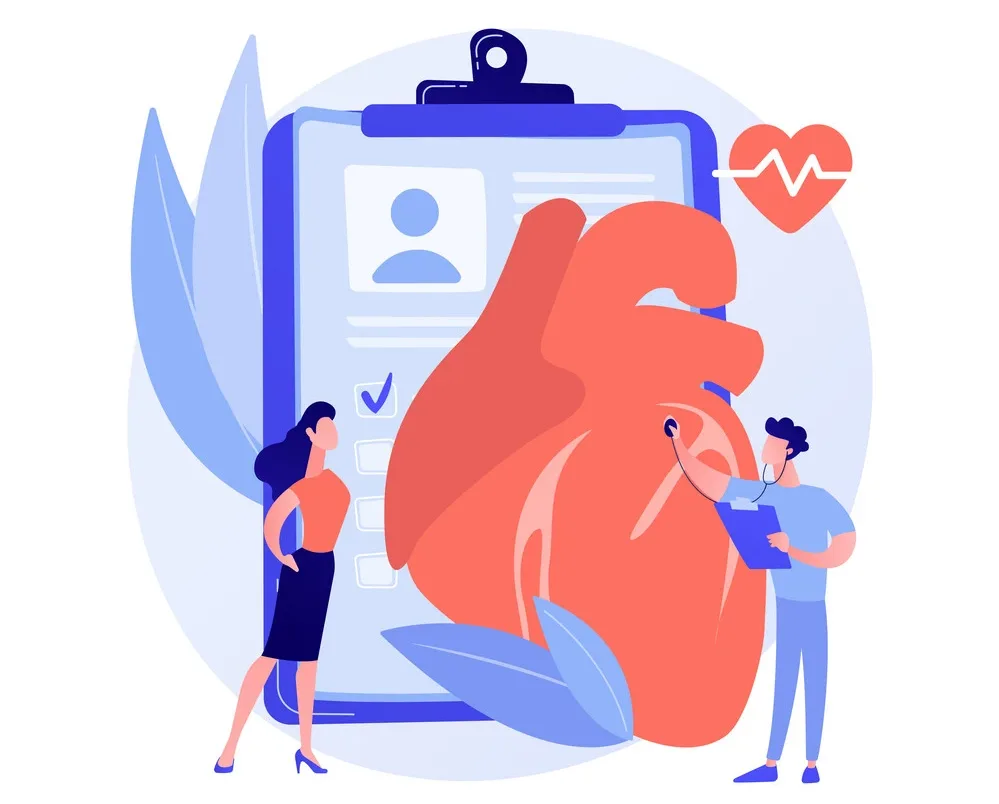Secondary hypertension – Symptoms and Causes
Houston Endocrine Center2022-12-10T14:08:27+00:00Secondary hypertension is common and often undiagnosed. It’s also known as “essential” or “idiopathic” hypertension and has no known cause. That’s why it’s referred to as “secondary.” The symptoms of secondary hypertension can be similar to those of primary hypertension, but they’re not always easy to spot. In other words, the cause of your high blood pressure needs to be clarified.

How common is secondary hypertension?
Secondary hypertension is much more common than primary hypertension. It’s estimated that about 80-90% of people with high blood pressure have secondary hypertension, and the rest have primary hypertension.
Secondary hypertension can result from several conditions or diseases affecting your body’s work.
- Kidney disease
- Liver disease (including cirrhosis)
- High levels of uric acid in the blood (hyperuricemia) – a condition caused by too much uric acid
- Hyperthyroidism – an overactive thyroid gland that produces too many hormones
Symptoms

- Headaches
- Trouble sleeping
- Bloated feeling, especially around the abdomen (also called “distended abdomen”)
- Dizziness or lightheadedness that comes on suddenly. This usually happens when you stand up from a sitting position or even lie down flat; it’s called orthostatic hypotension. It may also cause your heart to start racing and fluttering in a strange way, which is called atrial fibrillation.
- Frequent urination – sometimes so much that you must get up at night to use the bathroom.
Causes
- Kidney disease
- Adrenal gland disorders
- Liver disease
- Pregnancy
- Cushing’s syndrome
- Diabetes mellitus
- Pheochromocytoma (a tumor of the adrenal gland)
- Hyperparathyroidism (excessive growth of parathyroid glands)
- Cocaine abuse
- Stress, anxiety, and depression
- Pulmonary hypertension (high blood pressure in the lungs)
Risk factors

- Smoking.
- Family history of high blood pressure.
- Being overweight or obese.
- High sodium intake.
- High alcohol intake.
- High cholesterol levels in the blood.
- Poor diet and lack of physical activity will increase your risk for high blood pressure, as well as other illnesses such as heart disease and diabetes that can result from it.
When to see a doctor?

There are some situations where you may need to see a doctor for your high blood pressure. If you are unsure what is causing your high blood pressure, or if it does not respond to treatment, it’s time to visit the doctor.
How is secondary hypertension treated?
If your doctor determines that you have secondary hypertension, they will start with lifestyle changes to control your blood pressure.
Suppose lifestyle changes aren’t enough to lower your blood pressure. In that case, you may be prescribed medications such as:
- Diuretics: These drugs make the kidneys excrete more sodium and water from the body. They can also help reverse some of the damage caused by high blood pressure.
- Angiotensin II receptor antagonists (ARBs): ARBs block certain hormones from attaching to cells within your body, lowering blood pressure and reducing fluid retention.
- Calcium channel blockers: These medications help relax the muscles around your blood vessels, which reduces resistance and improves blood flow throughout your body. They are often prescribed with other medications, such as beta-blockers or ACE inhibitors.
- Beta blockers: These drugs slow your heart rate and decrease the force of your heart’s contractions, which reduces blood pressure.
- ACE inhibitors: These drugs block the production of certain chemicals in your body that causes blood vessels to tighten, reducing blood pressure and improving blood flow throughout your body.
Conclusion
We hope this article has helped you understand secondary hypertension, its symptoms, and its causes. If you think you are suffering from secondary hypertension, please consult your doctor, who can recommend the best course of action for you.
